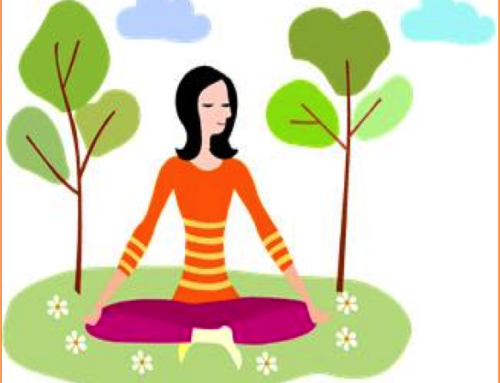The Relationship Between
Stress and Intuition
We all have stress. This is a fact of life. And we all have intuition. Intuition is an innate human trait. It is also a fact that stress blocks intuitive knowing. Therefore, to access intuition, we must learn to manage stress. When the mind is filled with the chatter and worries of daily life, it is as if the channel to deeper knowing is jammed and the information that we need cannot get through. Because intuition constitutes the wisdom inside of ourselves, it is something we need and unblocking the route to this wisdom allows us to use more of the power of our own minds. Therefore, it is a good idea to learn to manage stress by practicing creating the Relaxation Response, which has the potential to open the mind and give access to its many gifts.
The relaxation response (RR) is a mental, emotional and physiological state that can be achieved by many time proven methods. First named in modern culture by Dr. Herbert Benson, author of the book of the same title, The Relaxation Response, according to Benson’s research, has been used by many religions and cultures for eons, under other labels, but with the same common factors as what we call The Relaxation Response today. The RR when correctly achieved, quiets the mind and calms the physiology of the body by use of two major common denominators, focusing attention on breathing and the repetition of a focus on something of your choice—a candle, a word, a prayer, a song, a picture…etc. According to Benson any method that combines those two can bring about the RR. The main idea, according to Benson, is to eliminate the chatter of everyday thinking and give the body a chance to rest deeply. In this way the RR will open the channels for the deeper knowing inside of you to emerge.
Still Your Mind And Give Yourself A Time To Think
Still the mind and body by sitting comfortably, closing your eyes if you want to. Clear Away Thinking Traps, i.e. negative thinking that blocks intuitive functioning.
You can try counting from one to ten or ten to one, paying attention to your breath. Tension leaves the body when you breathe deeply and then continue to breathe easily and normally. By inhaling deeply and smoothly and exhaling gently and smoothly, you will notice how easily your body becomes relaxed and this will help you to clear your mind. When extraneous thoughts come in, do not be concerned, just return to the focus of your attention as you exhale. Benson calls this passive attention.
Once you are relaxed, rather than being scattered and anxious, you are calm and it will be easier to think through problems and decisions. Just sit and allow your mind to open to ideas without trying to struggle to a conclusion. Use your imagination, and all of your senses to receive information. Project your problem onto your mental screen and visualize possible outcomes.
See what your mind offers you as you sit. Later you can apply critical analytical thinking to these intuitive offerings. In this way you can use more of your mind to make decisions and solve problems.






